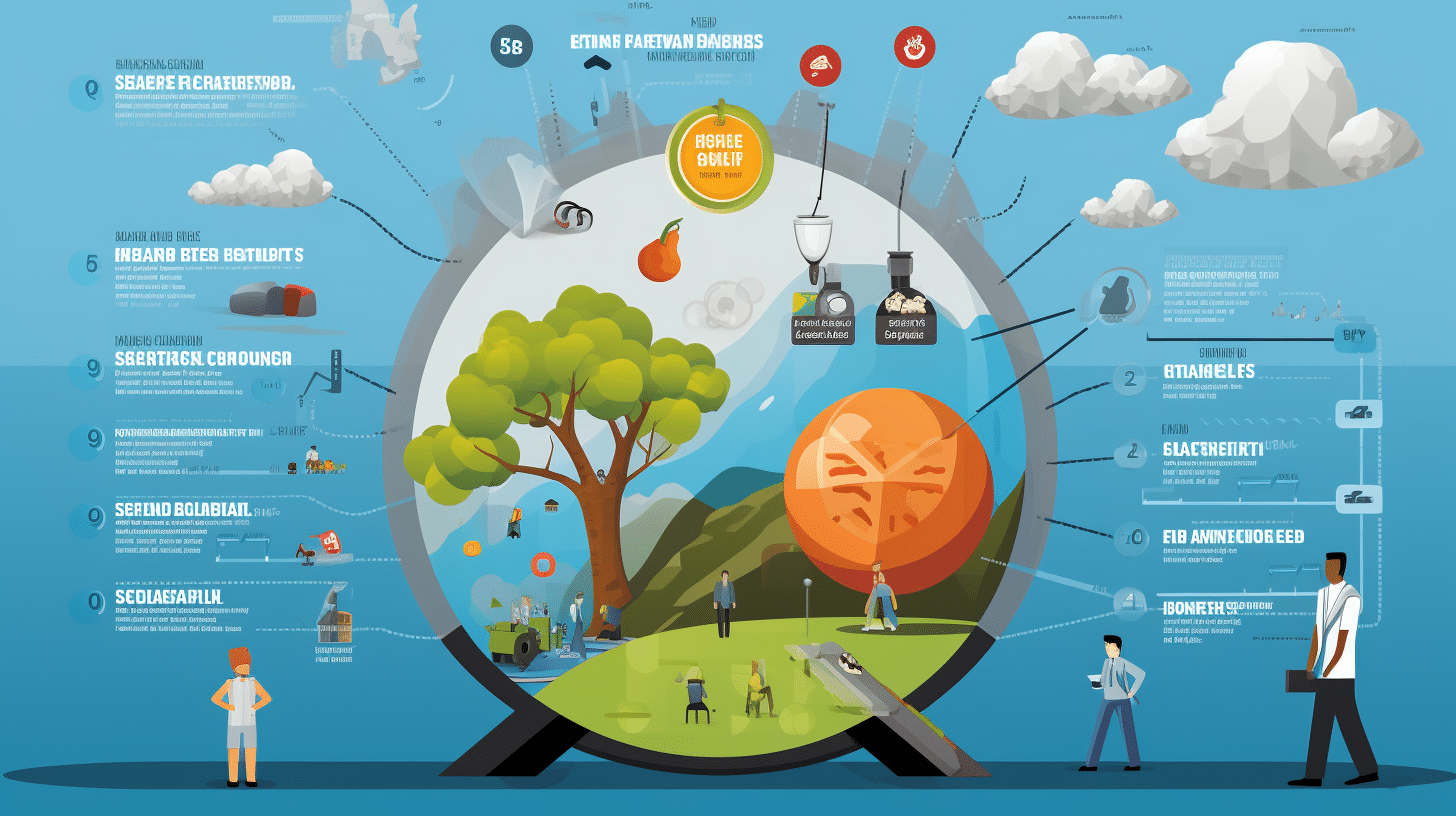Diabetes mellitus in Kenya is an endocrine (disease) disorder which is characterized by high level of blood glucose level that comes as a result of a problem in insulin secretion or insulin. Insulin is a hormone involved in glucose metabolism (production and storage), and it is produced by pancrease. The other hormones involved in glucose metabolism are glucagon, adrenaline, growth hormone and somatotrophin.
In Kenya, diabetes mellitus is a common disease that is diagnosed frequently and mostly in adults. Diabetes mellitus in Kenya is mostly managed at District Hospitals (such as Kitale District Hospital), provincial hospitals (such as Nakuru Provincial General Hospital) and referral Hospitals (such as Kenyatta National and Referral Hospital). This is because diabetes can lead to complications which can require amputation that will force for rehabilitation which is impossible at level 1, 2, and 3 in Kenya health delivery system. Hospitals in Kenya only refer patients in cases of early detection of diabetes mellitus. Diabetes mellitus occur in several types in Kenya:
Type I or Insulin Dependent Diabetes Mellitus (IDDM).
Type II or Non-insulin Dependent Diabetes Mellitus (NIDDM).
Type III, due to excessive corticosteroids, for example in Cushing’s syndrome or over enthusiastic treatment of addison’s disease with corticosteroids.
Type IV, also called gestational diabetes. It’s due to the presence of a hormone called human placental lactogen, which antagonises the effects of insulin.
The most common type of diabetes in Kenya is the type I and type II.
Type I Diabetes
This type of diabetes has no clearly known cause. It is thought that some individuals have antibodies against cells producing insulin. It is also thought that hypersensitivity reactions may destroy part of the pancreas involved in secretion of the hormones (the Islets of Langerhans). In this disorder, patients do not produce their own insulin. Hyperglycemia, ketoacidosis, polyuria and polydipsia, and loss of weight are characteristic manifestations.
Type II Diabetes
Individuals with Type II diabetes have insulin, which may be low, normal or high, but they may have insulin resistance. In Type II diabetes, there is glycosuria (sugar in urine) and hyperglycemia. It can complicate with hyperosmolar non-ketosis with or without coma, susceptibility to infection, vascular, renal and ophthalmic disorders. Some of patients with Type II diabetes may be obese. Type II diabetic patients can generally be well managed throughout their lives.
Management of Diabetes Mellitus in Kenya
In the management of diabetes mellitus in Kenya, the goals are maintenance of as near-normal blood glucose level as possible, achievement of optimal serum lipids, provision of adequate calories for attaining reasonable weight, prevention and treatment of complications and avoidance of hypoglycemia.
The three modalities utilized in the majority of hospitals in Kenya in the management of Diabetes Mellitus are drugs, including insulin and oral hypoglycemic drugs such as diabenese, diet and exercise. These three have to be well balanced to avoid complications. Patient education is also important to decrease complications. Patients require education, which cover medication, injection sites, use of foods, blood glucose monitoring, exercise and activity home management and lifestyle improvement.
Both short-term and long-term complications of diabetes mellitus in Kenya may arise. Short-term complications of diabetes mellitus in Kenya include hyperglycemia, hypoglycemia, ulcers, and coma, while long-term effects are nephropathies (kidney involvement), neuropathies (involvement of the nervous system) and visual problems. Administering oxygen, establishing IV access, determining blood sugar levels and monitoring vital signs manage Ketoacidosis. IV glucose and glucagon can also be administered as necessary.
Hyperosmolar nonketosis is treated with IV fluids and insulin. Electrolyte and vital signs are then closely monitored. Micro-vascular complications are best treated by preventive measures. Care of the eyes, care of the feet and avoiding injurious substances to the kidney will improve the patient’s life in Kenya.



0 comments